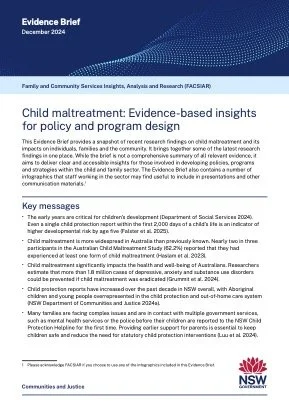Institute of Medicine and National Research Council.
Every day in the United States, children and adolescents are victims of commercial sexual exploitation and sex trafficking. These are not only illegal activities, but also forms of violence and abuse that result in immediate and long-term physical, mental, and emotional harm to victims and survivors.
In 2013, the Institute of Medicine/National Research Council released the report Confronting Commercial Sexual Exploitation and Sex Trafficking of Minors in the United States. The report found that the United States is in the very early stages of recognizing, understanding, and developing solutions for these crimes.
Law enforcement professionals, attorneys, and judges all have important roles to play in responding to commercial sexual exploitation and sex trafficking of minors in the United States. Their knowledge and ability to identify victims, investigate cases, and make appropriate referrals is crucial to the development of an overall response to these crimes.
This Guide for the Legal Sector provides a summary of information from the original report that is most relevant to individuals within the legal sector who interact in some way with victims, survivors, and perpetrators of commercial sexual exploitation and sex trafficking of minors. This includes federal, state, county, local, and tribal law enforcement agencies; police officers and investigators; probation officers; parole officers; corrections officers; prosecutors and defense attorneys; victim advocates; and judges.
This guide includes definitions of key terms and an overview of risk factors and consequences; noteworthy examples of efforts by law enforcement personnel, attorneys, the juvenile and criminal justice systems, and the judiciary; multisector and interagency efforts in which the legal sector plays an important role; and recommendations aimed at identifying, preventing, and responding to these crimes.
Washington, DC: The National Academies Press. 2014. 48p.







